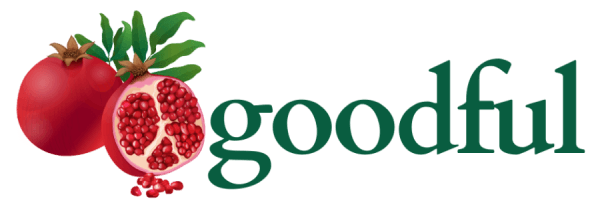by Kayla Castleman, 2min read
In recent years, the terms organic, non-GMO, and sustainable have been used to inform consumers of the farming practices used to produce their products. But these are not just trendy buzz words. Seeing these words on labels are important deciding factors when choosing products, and rightfully so. If given the choice when shopping for what we put in our bodies, we usually opt for items that are healthy and ethical. And when you choose organic produce, you’re buying the healthier option. But how exactly is organic healthier? The vast majority of it goes back to the soil – more specifically, the farming practices that incorporate sustainability and holistic alternatives all positively impact the health of the soil. This in turn, positively impacts our health, our communities, our planet and all the living organisms within it.
What are the key components in soil? Water, gases, minerals, living organisms and organic matter – such as decomposed plants. While a conventional farm may have these essential components to some degree, in most cases the nutrients are depleted entirely from the soil due to frequent tillage and the heavy and repeated use of chemical pesticides and fertilizers. And just as you might expect with all those chemical pesticides and fertilizers, the soil in conventional farming has far less organic matter than that of organic farming. In addition to the more restricted use of pesticides, organic matter is a huge part of organic and sustainable farming. Having more scraps – as I call it – in the soil produces nutrients crucial for growth such as magnesium, phosphorus, vitamin C, and iron. These vitamins and minerals remain present in the plant throughout its lifetime and they’re found to be more abundant in organic produce than conventional! So cool, right?! But more on that in a later post 🙂 No matter what, the increased nutrients are pretty cool to think of next time you’re debating between conventional and organic.
What I find even more awe-inspiring is that these nutrients aren’t solely important for plant growth – but they are key components for human development, bodily function, and disease prevention. For example, the body needs magnesium for proper nerve and muscle function. Magnesium is especially helpful to those who have high blood glucose levels, as it aids in the process of glucose entering the cells, which therefore reduces insulin resistance. You can find magnesium in dark, leafy greens, nuts and seeds, and legumes to name a few. So as you can imagine, here at Goodful, we create our weekly menus with all this in mind. We strive to send home a variety of fruits, veggies and herbs so your body gets a vast array of essential vitamins and minerals. And we deal strictly in organic produce so you can reap the full benefits of your healthy eating!
—
Hey guys, thanks for checking out my post! We’re going through an array of topics ranging from soil health to nutrition to cooking and back. If there’s something you want us to dive into, let us know in the comments. We’d love to dive deeper into what’s important to you. And as always, the Earth appreciates your support, and it means the world to us 🌊🌿☀️🍊❤️️


